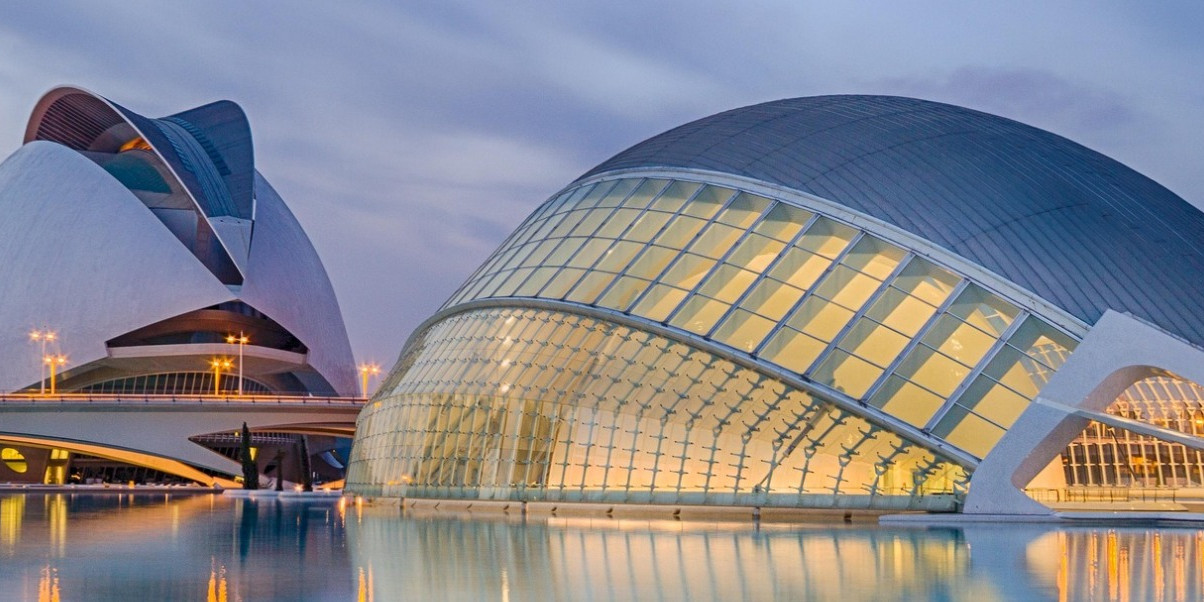The Spanish Way of Life
You are bound to experience a change of scenery in a Latin country like Spain. No time zone adjustment is needed to feel like you're on vacation. From the moment you arrive, you’ll notice the different pace of life. Spaniards live roughly two hours behind other Europeans: after a leisurely morning, lunch typically takes place between 2 and 3 p.m., with dinner around 10 p.m. As a result, days end later. The siesta, due to the intense heat, is not just a necessity but an integral part of Mediterranean culture. Thanks to this midday break, Spaniards work later and share unforgettable moments of conviviality and culture well into the night. You’ll find it delightful to embrace this vacation rhythm. During your camping trip in Spain on the Costa Brava, you’ll quickly be immersed in and charmed by the Spanish way of life.
Catalan and Spanish Gastronomy
Spanish cuisine largely follows the renowned Mediterranean diet. The diversity of Spain's regions and local products makes it a rich and celebrated culinary tradition. Its long history of occupations by the Phoenicians, Greeks, Romans, and Moors introduced spices such as saffron and cinnamon, ingredients like almonds, oranges, lemons, and methods of preparing dishes. Olive oil is much more than a basic natural ingredient for cooking warm dishes or salads. It is deeply embedded in Spanish and particularly Catalan history and culture. It symbolizes strength, health, eternity, and holds a special, almost mystical affection among Spaniards. Numerous olive varieties produce high-quality oils, notably the small Arbequina olive with its delicate artichoke flavor, which was cherished by Roman emperors. Catalan olive oil enhances countless recipes, perfectly complementing peppers, garlic, tomatoes, and onions. These typical Catalan ingredients have given rise to a highly appreciated and traditional gastronomy: for instance, "pan con tomate," toasted bread with tomatoes, garlic, and olive oil, commonly enjoyed as an appetizer or during the San Juan festival in June, accompanied by the Sardana, a traditional Catalan dance. Another well-known dish is the Catalan coca, which can be served savory or sweet. Another gastronomic jewel of the country is Iberian ham, with the most famous being Pata Negra, derived from free-range pigs that feed on acorns (Bellota), producing marbled meat of unparalleled culinary quality. A quintessential Spanish dish is Paella: originally a popular saffron-flavored rice dish, enriched according to taste and means with chicken, chorizo, fish, and seafood. It is a quintessentially convivial dish, perfect for sharing with family or friends. Another hallmark of local cuisine is the Plancha, a flat grill plate invented in the 19th century by the Spanish. It is used to grill meats, fish, chorizos, and vegetables, preserving their authentic taste and allowing for healthy cooking. You will also enjoy grilled fish and meats on a barbecue. Lastly, for snacks and aperitifs, savor tapas, which often mark the start of a joyful and convivial evening in Spain. These small, varied dishes—shrimp, calamari, small skewers, mushrooms, vegetables, and fried bites—are emblematic of Spanish cuisine.
The Castellers - Human Pyramids
Catalonia is not the land of bullfighting but of castellers, impressive human pyramids that embody a sense of athleticism, festivity, and solidarity. This is the star attraction of traditional celebrations, held in arenas where you’ll feel the joy and passion of the Catalans. These human pyramids, as suggested by the Catalan word “castellers,” form towering structures, showcasing an ancient Catalan tradition that has stood the test of time.
